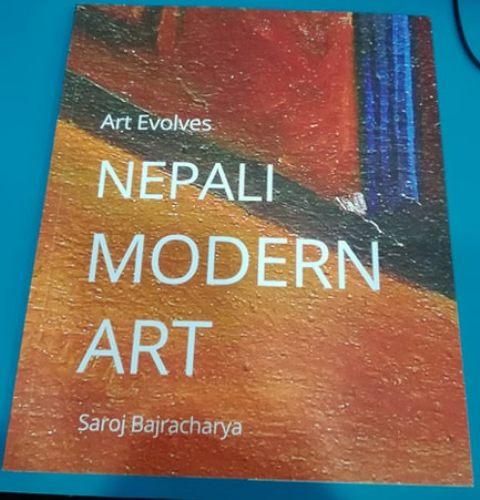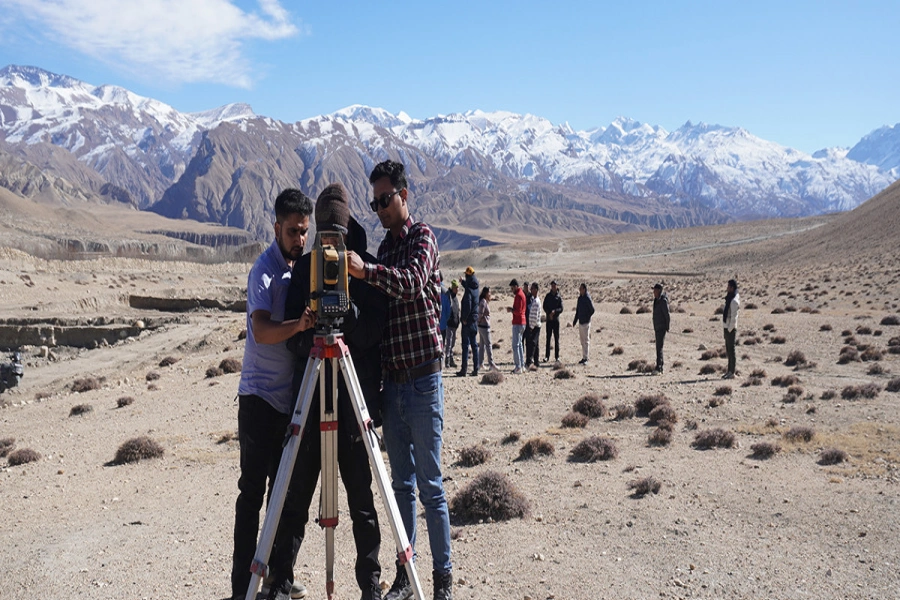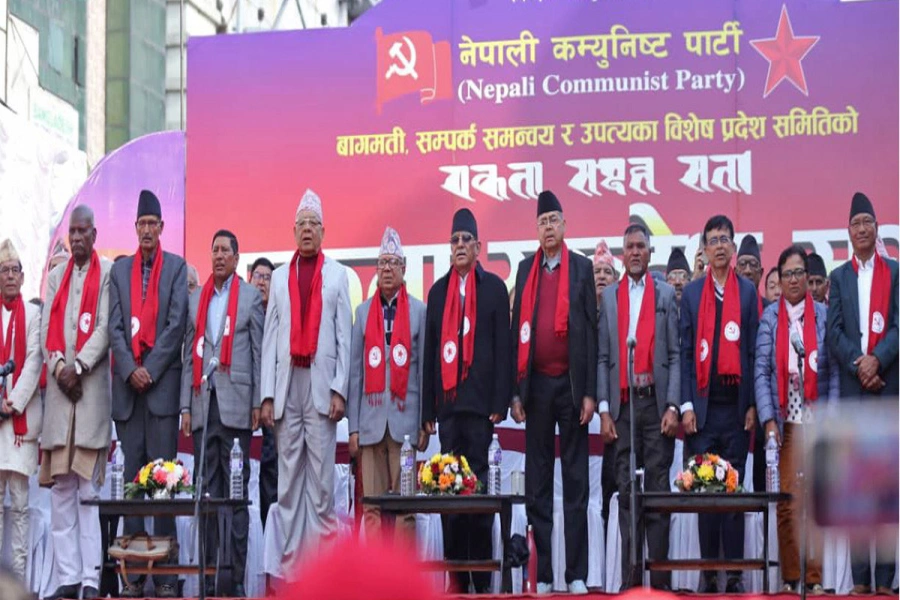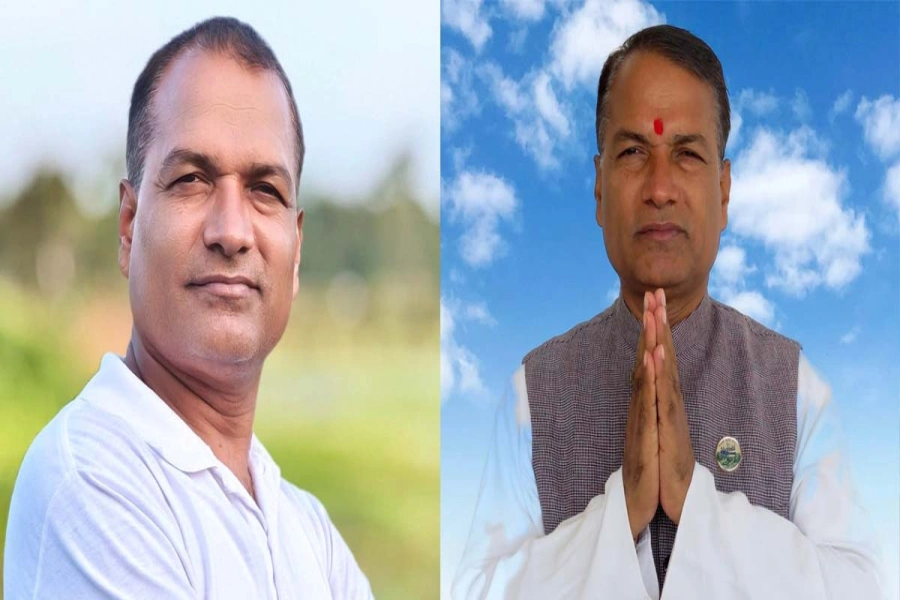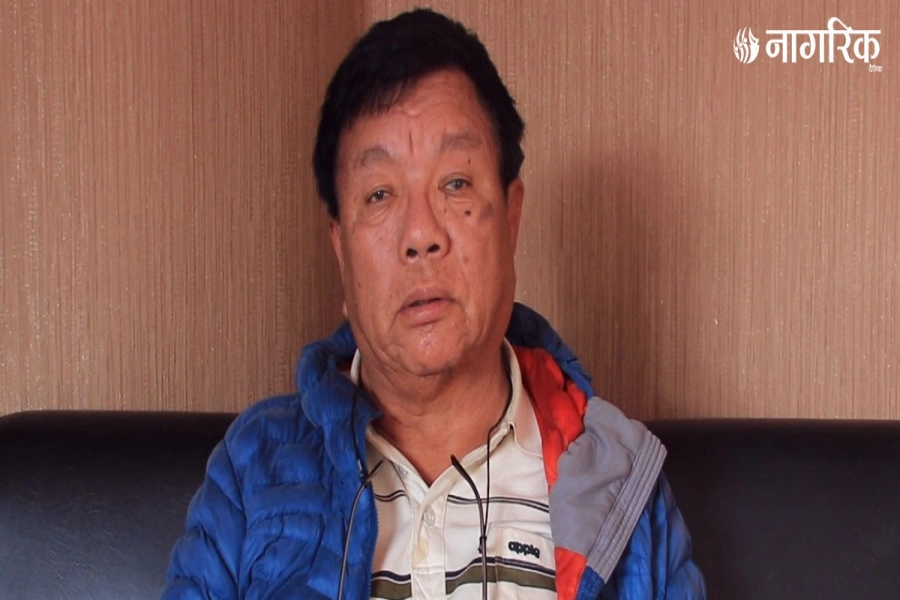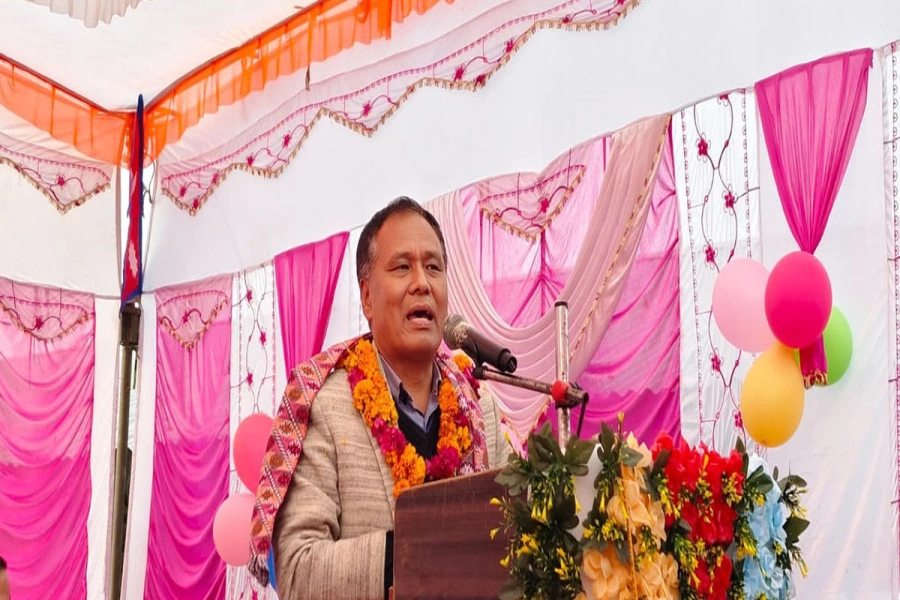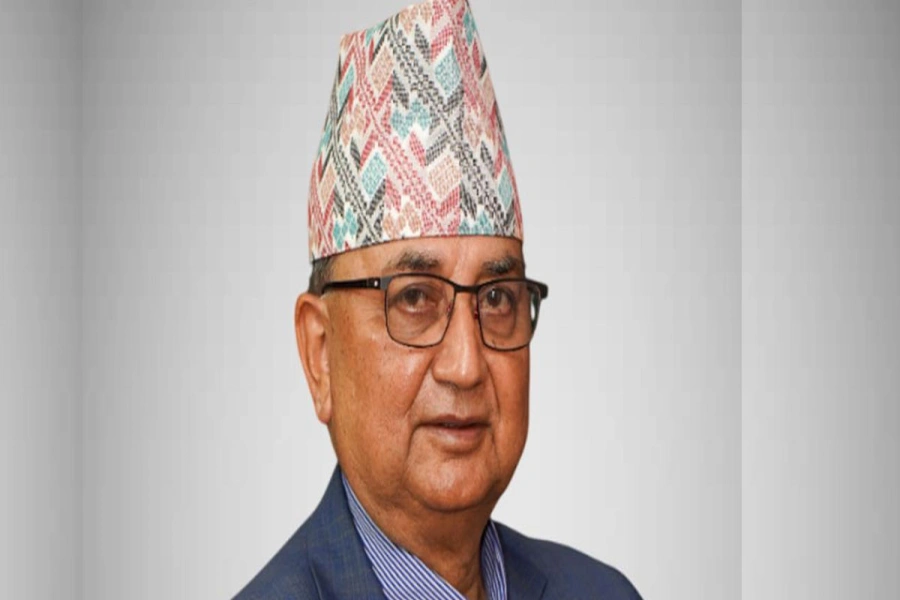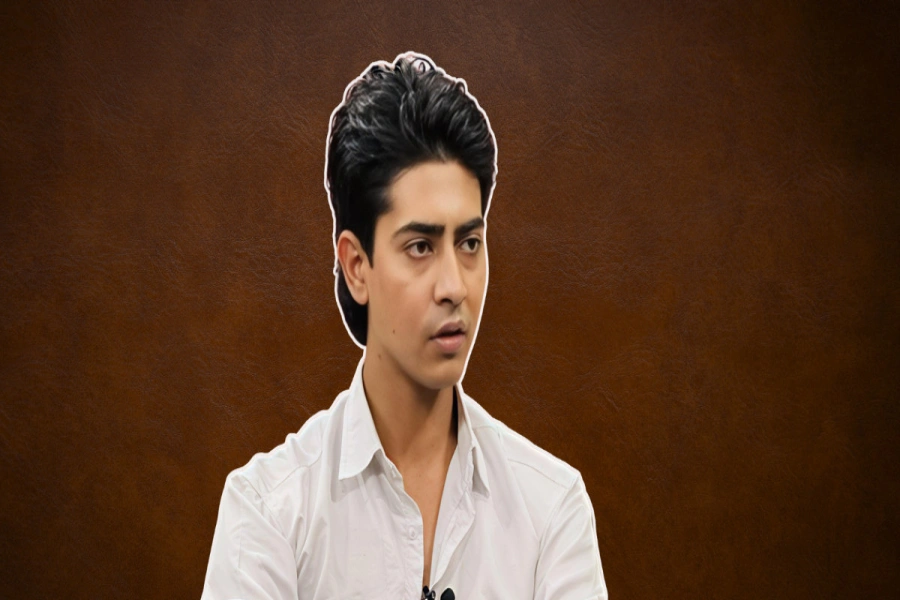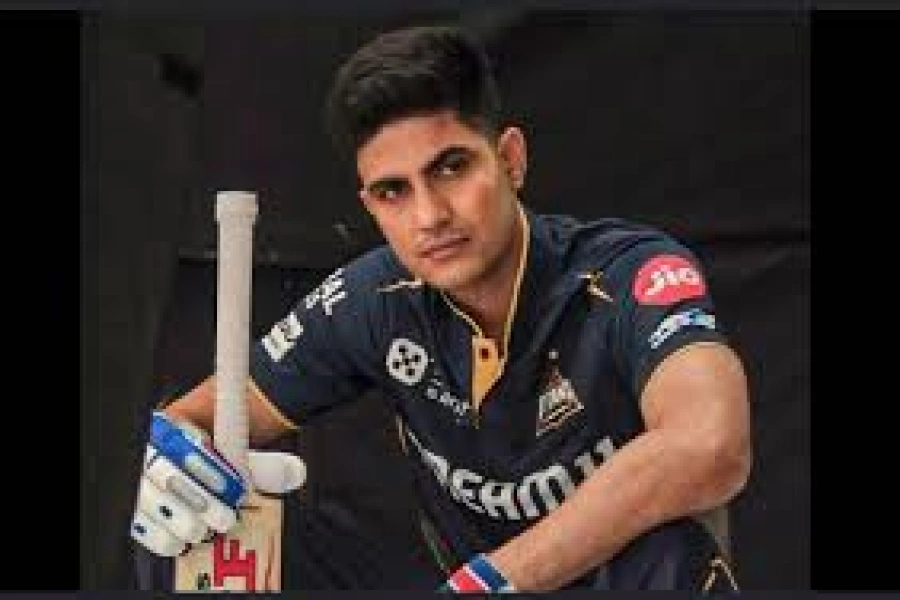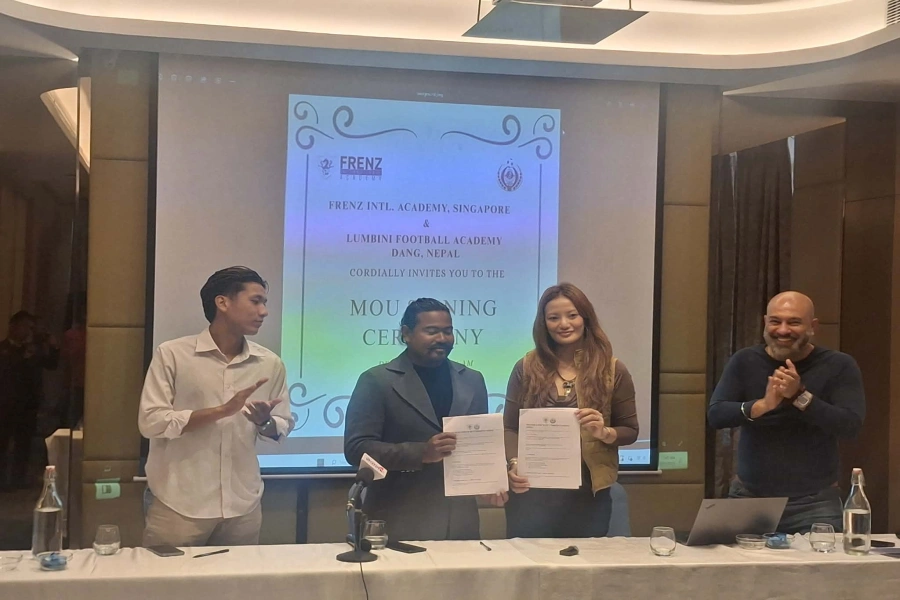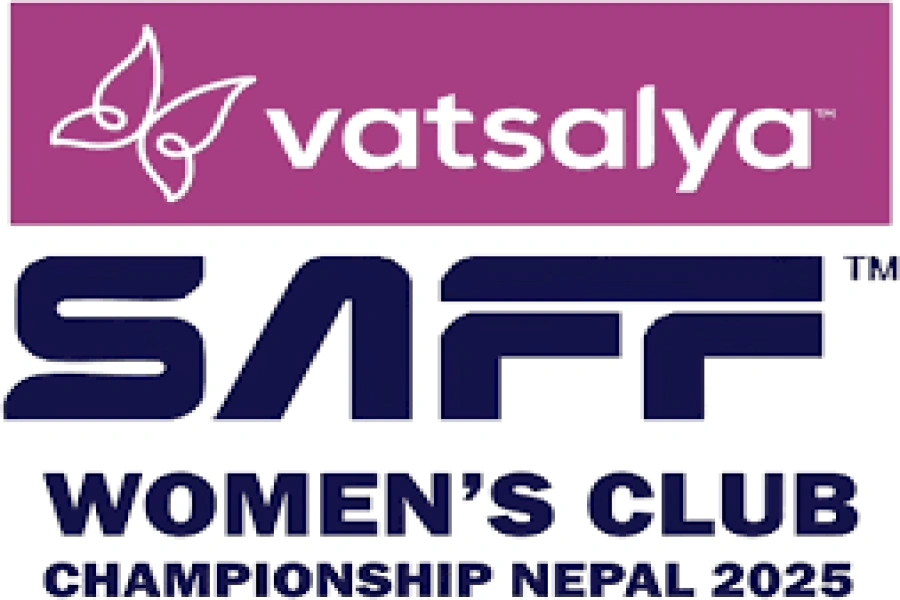In this edition of Chit Chat, the four young artists share what they learnt about federalism and how art is connected to politics.[break]
Minnat Joshi/Republica
Pramesh Sherchan, Saran Tandukar, Supriya Manandhar and Nhooja Tuladhar
Participants:
Pramesh Sherchan, 22, Kathmandu University Centre for Art and Design
Nhooja Tuladhar, 22, Kathmandu University Centre for Art and Design
Saran Tandukar, 26, Kathmandu University Centre for Art and Design
Supriya Manandhar, 25, visual artist
How did you come to participate in the workshop?
Supriya: What I knew about federalism was what I derived from the news and the political discussions. However, the workshop was more intense and the fact that there would be scholars and other known personalities attracted me to it. I thought that this would give me concrete inspiration to work on a visual field later.
Nhooja: It was mandatory for KU students to participate as it is incorporated in our course. However, I think I would have applied for the workshop even if that weren’t the case.
Pramesh: I don’t think I would have participated then, but now after attending the workshop, I feel maybe I would have.
What were your thoughts on federalism before the workshop?
Supriya: I returned to Nepal in 2011 after finishing my studies from Pune, India. Since then, federalism has remained a hot topic. It is always on news and I have seen a lot of changes and shifts. There have also been subtle changes in the public’s perception to this issue. I’ve always had a positive view on the topic and I would attend the discussions at Martin Chautari in Thapali, at times.
How has the workshop affected your views on politics and federalism?
Saran: I have a very limited knowledge about politics. It was only about two years ago that I decided to keep myself updated about the political situation. Yet, every time I switched on the news I was bored. However, I still feel that a citizen should be politically aware of the happenings in their country. What I learnt through the workshop is that federalism is one of the systems that the country is debating on adapting. If we retain all the positive effects of federalism then it will be good for our country.
Supriya: I had a positive view about it before the workshop. Because I think federalism will give us a very good opportunity to change the problems of our country. What is our option? We have the status quo and it’s not helping.
Federalism will not bring about an overnight change, but I believe that if anything can give us a chance, it is federalism. In fact, the workshop gave me a more objective approach to it. I learnt about the essential aspects of the term and also what the other countries has implemented and what the need was for the implementation. Now I have a broader picture of what federalism can do for us and at the same time, I feel assured that it is good for Nepal.
How would you connect art and politics?
Nhooja: Many people presume and talk about art not being related to politics at all. I don’t think so. Because a lot of things affect me on my way to class and back home. For instance, even when I go to buy a bottle of paint, I think about how the price is affected by the policies of the government. So politics does influence art and artists, and I think artists have to be socially and politically aware.
Do you see federalism as a concrete reality for us?
Pramesh: I don’t think we will see federalism being adapted here. It has become a livelihood for the politicians.
Supriya: It ultimately depends on us. It is our responsibility as citizens who we choose to lead us.
How can art work as an awareness tool when it comes to politics?
Supriya: Using art to generate political awareness will put the subject in the public eye and create debate and discussion. During the exhibition, I had a talk with a gentleman regarding art and federalism. He asked me whether I meant to say that we don’t need federalism. He had a lopsided view where he thought that federalism meant that Nepal would be divided culturally and that’s why we don’t need federalism. We had a bit of a discussion but at least because of the exhibition we got that opportunity.
Pramesh: If we had a comic book culture, I’m pretty sure that we could use it to create awareness. Comics are portable, and since it’s an interesting visual medium, it will help to grow our understanding of the important issues.
Supriya: The impact of visual media is always high and spontaneous, and has more outreach and thus affects more people. I think it’s very important to understand politics in an objective way. Politics at the very basic level is how we as citizens are being governed by the state. But there is a negative image so people should be involved in politics in an objective way. Because art is open to interpretation, art is the right vehicle for this.
Saran: In my opinion, people either learn if they find the topic interesting or through shock effect. If the message is conveyed in such a way then it will have a huge impact.
Nhooja: I learnt a lot during the workshop but I’ve come to understand that many people are either agreeing or disagreeing on the topic based on hearsay. There should be more awareness campaigns so that people can learn and then decide.
‘Art Evolves: Nepali Modern Art’: Review
